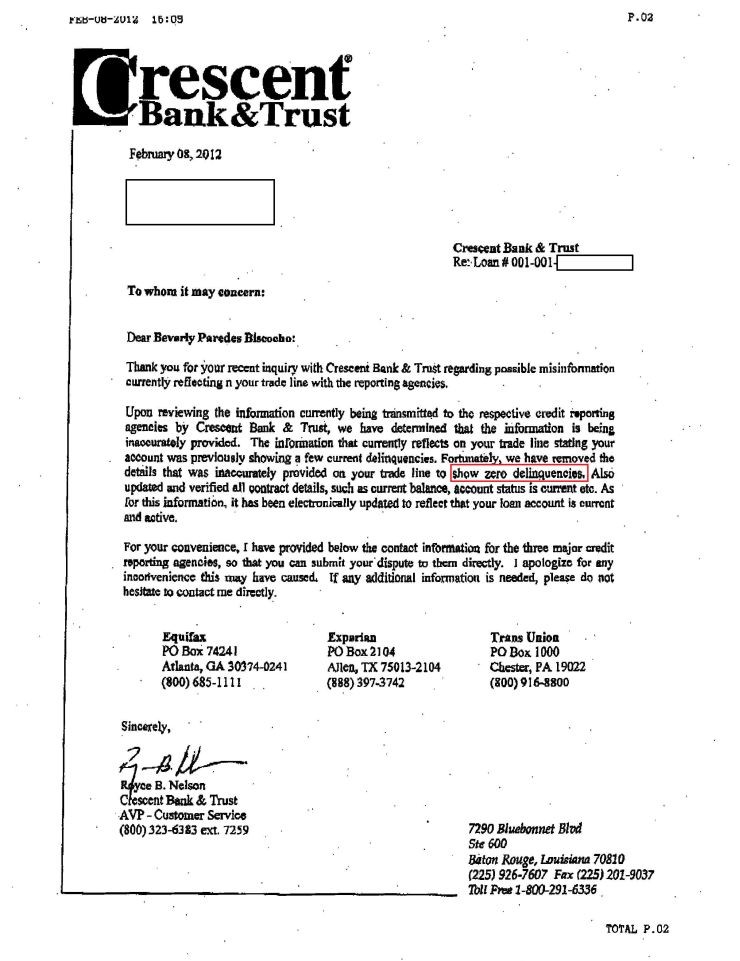Before You Borrow from (or Lend to) Your Company
Post on: 16 Март, 2015 No Comment

Steer clear of the IRS!
If you have borrowed or will be borrowing money from your company, or lending to it, here is what you need to know. First, make sure that any loans to the business are not reclassified as equity capital by the IRS because that would create taxable income to you as the loan is repaid. You also dont want borrowings from the company to be reclassified as compensation or dividends and thereby become subject to taxation.
And be sure to do the following:
- Formally execute a promissory note and provide for loan repayment dates (monthly, quarterly, or annually).
- Pay a fair rate of interest, preferably what your company pays its lenders but at least the IRS-prescribed interest rate currently about 5%.
- Try to give the company some collateral, particularly if this is the standard practice with other company loan agreements.
- Have the companys board of directors approve the loan and its terms in a corporate resolution that specifically defines it as a loan, and record that action in the companys minutes. You should try to abstain from voting because the transaction involves your self-interest and could be questioned by the IRS.
- If there are minority owners in the business and the loan from the company is substantial, get their approval in advance.
- Check state laws. Some states prohibit or restrict lending company funds to owners, officers and directors.
- Record the loan on the companys books as an asset or liability of the company.

In general, the loan should be made on an arms-length basis, as if an outsider were borrowing from or lending money to the company. In addition, if you or other stockholders have personally loaned money to the company, talk to your accountant about IRS rules on thinly capitalized businesses. Under such rules, IRS could reclassify your loan as an equity investment and any interest paid to you, and possibly loan repayments, could be treated as a dividend. Dividends are not tax deductible by the company. In addition, you could raise IRS questions on stockholder/officer loans if there is a possibility of unreasonable compensation or excess accumulated earnings retained in the business.
Best advice:
Before making any loans to or borrowing from your company, review the items above with your accountant. If youre doing business as an S-Corporation, whereby stockholder loans to the corporation can increase your cost basis, check out your personal tax write-offs before making the loan. The same applies to owners of limited-liability companies and partnerships.
Dont commingle funds:
If the IRS finds that you deposited business receipts in your personal account (and they frequently check this area on closely held and family businesses), you could be looking at comprehensive personal and business tax audits, possible fraud charges and heavy penalties. You also could lose the corporate veil that protects you from personal liability. Sole proprietorships make this mistake more than any other type of company. Make sure all receipts are deposited in and all business expenses written on a separate business checking account.














